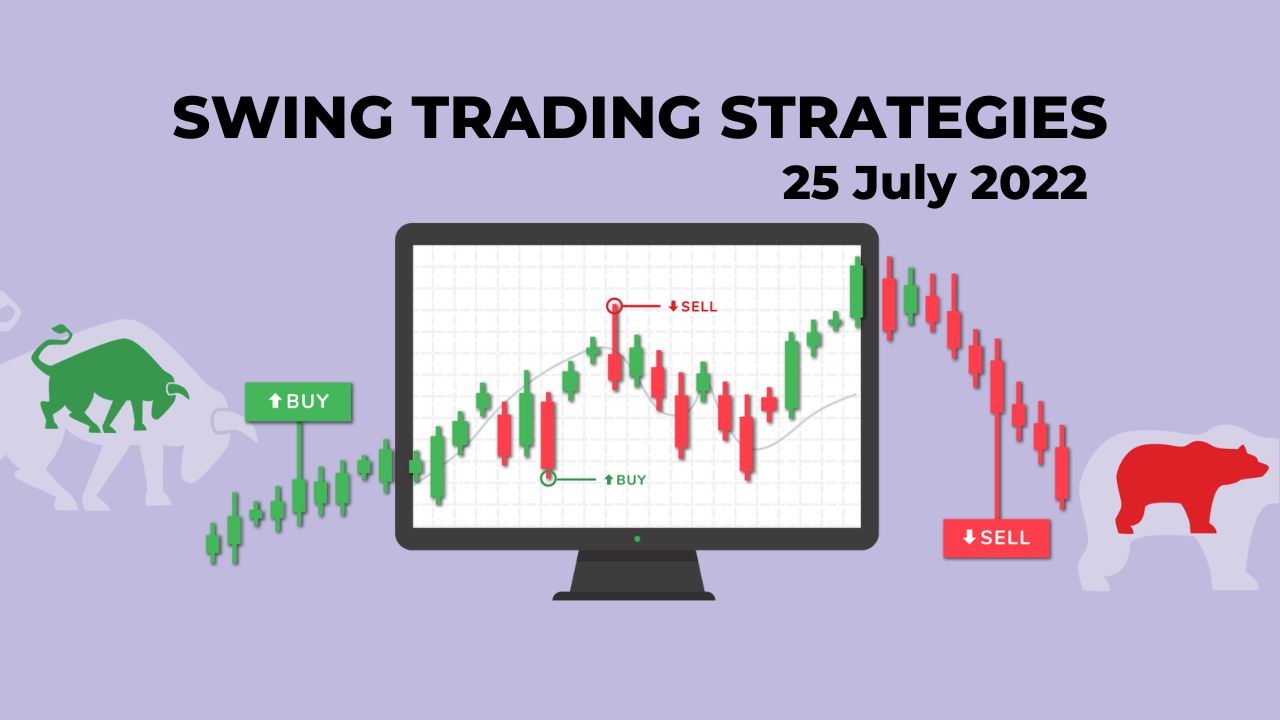
An outstanding loan is the amount of securities held in margin accounts by your broker. Initially, this loan value is based on the price you originally paid for the security. Afterward, it changes daily in line with the value of your holdings and the cash balance of your account. Margin calls are often inevitable. This article will discuss the potential risks associated with margin calls as well as regulations for margin accounts. To ensure that your investment account is protected from margin calls, learn about the basics.
Regulations applicable to margin accounts
For a broker to sell securities on margin, they must comply with certain conditions. The amount of equity the customer has in the account must be at least 25 percent of the price of the security. If the customer's equity drops below this level, the broker may need to collect additional funds or securities from the customer to maintain the account balance. This is referred to as a margin call and can result in the broker liquidating the customer's securities.

Minimum equity
If you're using a brokerage margin account, you need to be aware of the minimum amount of equity that must be held in order to purchase securities. If a stock closes at $60, then you will need $15,000 equity in order to purchase more. You should not dispose of any securities that are not in your account's equity. TD Ameritrade reduces the minimum equity requirement for securities in margin accounts to be equal to the whole number.
Loan repayment schedule
You have the option to borrow money to purchase or sell securities from a margin account. Your securities serve as collateral to the loan. If your securities lose value, you might have to sell them to make up the difference. Margin accounts should only be considered for high net worth investors who are well-versed in the market. Here's what you should know about margin accounts.
Margin calls may pose a risk
The risk of margin calls on securities held by a broker can be mitigated by diversifying your portfolio and monitoring your balance carefully. Volatility in securities can cause margin calls. However, they are more vulnerable to sudden changes of maintenance margin requirements. Although inverse correlations could reduce your risk, they are susceptible to market volatility and can change quickly. It is crucial to maintain a close eye on your accounts and devise a plan to repay in the event that you are required to make a margin call.

Transferring margin between brokerage firms
You will need to compare your existing account information and the records of your new brokerage firm when you transfer your margin. Ask about delays and other issues that could slow down the transfer. Find out whether the new company accepts margin accounts and if there are minimum margin requirements. If they accept margin accounts, then you can immediately trade with them. But be aware of possible pitfalls such as losing your entire margin.
FAQ
How are securities traded
The stock market is an exchange where investors buy shares of companies for money. Investors can purchase shares of companies to raise capital. Investors can then sell these shares back at the company if they feel the company is worth something.
The supply and demand factors determine the stock market price. The price goes up when there are fewer sellers than buyers. Prices fall when there are many buyers.
You can trade stocks in one of two ways.
-
Directly from the company
-
Through a broker
What are the benefits to investing through a mutual funds?
-
Low cost - buying shares directly from a company is expensive. Buying shares through a mutual fund is cheaper.
-
Diversification – Most mutual funds are made up of a number of securities. One security's value will decrease and others will go up.
-
Management by professionals - professional managers ensure that the fund is only investing in securities that meet its objectives.
-
Liquidity is a mutual fund that gives you quick access to cash. You can withdraw the money whenever and wherever you want.
-
Tax efficiency - mutual funds are tax efficient. Because mutual funds are tax efficient, you don’t have to worry much about capital gains or loss until you decide to sell your shares.
-
No transaction costs - no commissions are charged for buying and selling shares.
-
Mutual funds are easy-to-use - they're simple to invest in. You will need a bank accounts and some cash.
-
Flexibility - you can change your holdings as often as possible without incurring additional fees.
-
Access to information - you can check out what is happening inside the fund and how well it performs.
-
Ask questions and get answers from fund managers about investment advice.
-
Security - You know exactly what type of security you have.
-
Control - The fund can be controlled in how it invests.
-
Portfolio tracking: You can track your portfolio's performance over time.
-
Easy withdrawal: You can easily withdraw funds.
There are some disadvantages to investing in mutual funds
-
Limited selection - A mutual fund may not offer every investment opportunity.
-
High expense ratio – Brokerage fees, administrative charges and operating costs are just a few of the expenses you will pay for owning a portion of a mutual trust fund. These expenses eat into your returns.
-
Lack of liquidity: Many mutual funds won't take deposits. They must only be purchased in cash. This limits the amount that you can put into investments.
-
Poor customer service - there is no single contact point for customers to complain about problems with a mutual fund. Instead, you must deal with the fund's salespeople, brokers, and administrators.
-
It is risky: If the fund goes under, you could lose all of your investments.
Stock marketable security or not?
Stock is an investment vehicle which allows you to purchase company shares to make your money. This is done via a brokerage firm where you purchase stocks and bonds.
Direct investments in stocks and mutual funds are also possible. There are more than 50 000 mutual fund options.
There is one major difference between the two: how you make money. Direct investment allows you to earn income through dividends from the company. Stock trading is where you trade stocks or bonds to make profits.
In both cases, ownership is purchased in a corporation or company. However, when you own a piece of a company, you become a shareholder and receive dividends based on how much the company earns.
Stock trading gives you the option to either short-sell (borrow a stock) and hope it drops below your cost or go long-term by holding onto the shares, hoping that their value increases.
There are three types stock trades: put, call and exchange-traded funds. Call and Put options give you the ability to buy or trade a particular stock at a given price and within a defined time. ETFs can be compared to mutual funds in that they do not own individual securities but instead track a set number of stocks.
Stock trading is very popular since it allows investors participate in the growth and management of companies without having to manage their day-today operations.
Stock trading is a complex business that requires planning and a lot of research. However, the rewards can be great if you do it right. You will need to know the basics of accounting, finance, and economics if you want to follow this career path.
How do you choose the right investment company for me?
You should look for one that offers competitive fees, high-quality management, and a diversified portfolio. The type of security in your account will determine the fees. While some companies do not charge any fees for cash holding, others charge a flat fee per annum regardless of how much you deposit. Others charge a percentage of your total assets.
You should also find out what kind of performance history they have. A company with a poor track record may not be suitable for your needs. Avoid companies that have low net asset valuation (NAV) or high volatility NAVs.
It is also important to examine their investment philosophy. In order to get higher returns, an investment company must be willing to take more risks. If they are not willing to take on risks, they might not be able achieve your expectations.
Statistics
- Our focus on Main Street investors reflects the fact that American households own $38 trillion worth of equities, more than 59 percent of the U.S. equity market either directly or indirectly through mutual funds, retirement accounts, and other investments. (sec.gov)
- The S&P 500 has grown about 10.5% per year since its establishment in the 1920s. (investopedia.com)
- US resident who opens a new IBKR Pro individual or joint account receives a 0.25% rate reduction on margin loans. (nerdwallet.com)
- Ratchet down that 10% if you don't yet have a healthy emergency fund and 10% to 15% of your income funneled into a retirement savings account. (nerdwallet.com)
External Links
How To
How can I invest into bonds?
An investment fund, also known as a bond, is required to be purchased. While the interest rates are not high, they return your money at regular intervals. You can earn money over time with these interest rates.
There are many ways to invest in bonds.
-
Directly purchasing individual bonds
-
Purchase of shares in a bond investment
-
Investing via a broker/bank
-
Investing through a financial institution
-
Investing through a Pension Plan
-
Invest directly with a stockbroker
-
Investing via a mutual fund
-
Investing with a unit trust
-
Investing in a policy of life insurance
-
Private equity funds are a great way to invest.
-
Investing using an index-linked funds
-
Investing through a Hedge Fund